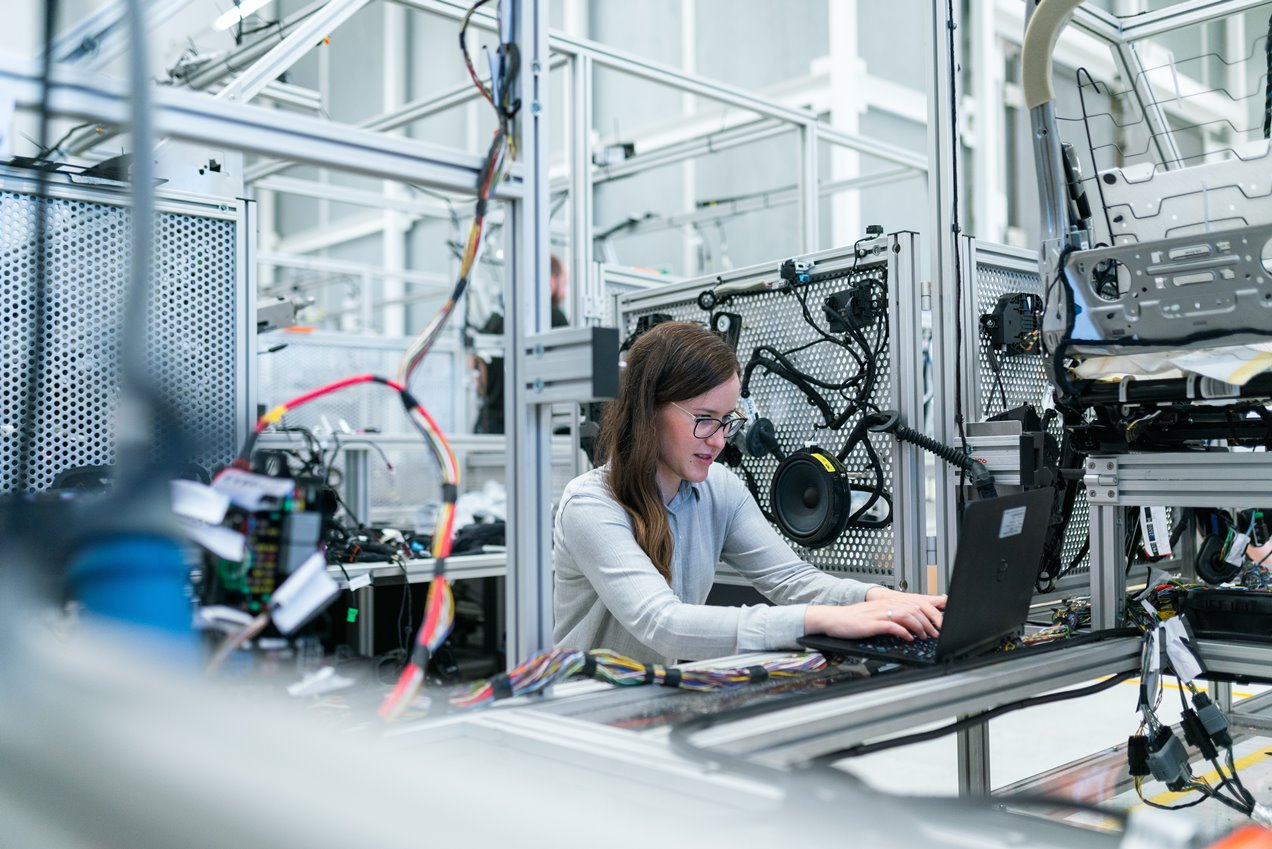The future of engineering is wrapped up in the future of AI. Across the engineering industry creators are working on how artificial intelligence can make life easier and cheaper for every aspect of our lives.
This means engineers will need to create AI technology as well as use it as the industry develops.
Reports On Future Change
According to a report from Mckinsey & Company, the global impact of AI could reach $13 trillion by 2030, with the engineering industry poised to play a significant role in driving this growth. AI has the potential to improve efficiency, productivity, and innovation in the engineering industry, while also creating new jobs and opportunities.
However, there are concerns that the widespread adoption of AI could lead to significant job losses and even automation of certain roles. In addition, there are potential ethical considerations around the use of AI in decision-making processes.
Expert Opinion
Neil Harper, CEO of PDH-Pro commented on the potential impact of AI on the engineering industry: “As with any new technology, there are always going to be challenges and opportunities. The engineering industry has a history of embracing new technologies and finding innovative ways to integrate them into their work. AI has the potential to revolutionize the industry, increasing efficiency and productivity while also creating new opportunities for engineers.”
Harper continued, “However, it is important to remember that AI should not be seen as a replacement for human engineers. Instead, it should be viewed as a tool to support and enhance the work of engineers, enabling them to focus on higher-level tasks that require creativity, critical thinking, and problem-solving skills.”
Positive Changes
Increased Efficiency
AI tools are designed to take monotonous tasks away from people. Monotonous tasks may be simple, but because we are completing the same thing over and over again, humans are likely to make mistakes or become sloppy.
Our disinterest in these boring aspects of our jobs means we are likely to make stupid errors that could have been avoided if we were paying attention.
Give these tasks to an AI machine, and they won’t have the same level of fatigue. Instead, they will complete the task at the same level of efficiency every time.
This means the workforce will no longer need to complete boring tasks, and the chore can be completed correctly consistently.
Auto Sorting
Many jobs cannot easily be separated from monotonous tasks to complex tasks. However, with AI tools, computers can analyze the data and detect complexity. This detection process can allow tasks to be sent to AI competition if simple, or be redirected to a person if complicated.
This auto-sorting technique allows people to still be involved with complex and unusual tasks without slowing down the increased efficiency.
Improved Safety
In the engineering world, AI tools can be used to automate dangerous parts of the physical job. These systems can easily calculate how many materials need to be secured in one day and lift them to the correct locations without the need for physical labor.
This will reduce safety issues and allow the workers to focus on their skills, not their physical endurance.
Prototypes Are Easier to Process and Design
This last positive is another bonus to the engineering world specifically. AI-powered simulations can test your designs and process your theories without them being created in the real world.
This can help you figure out where the issues are before too much time and money has been invested into the concept.
Negative Changes
There are three negatives to AI engineering.
First is the cost, these machines are very expensive, not just to own but to develop.
Second, is the lack of creativity. AI can only create something that has been done before. This means it will not have the intelligence to build something new. This can be a massive issue if managers are unaware of this fact.
Many managing experts predict higher-level employees to misunderstand the usages of AI and remove their staffing to make way for a restricted AI service.
And lastly, the main issue surrounds ethics. AI systems are already pushing extreme views through well-established platforms such as YouTube and TikTok, simply because the ethical aspect of these algorithms hasn’t been investigated.
In the engineering world, these ethical problems can come in the form of worker welfare.
Final Thoughts
We shouldn’t deny the improvements that AI technology can bring to the engineering industry, but keeping the negatives in mind can prevent ethical and social disasters.




